Since launching our grantmaking activities in 2014, we have awarded over $26.4 million in support of our research priorities: access, affordability, and the value of legal education.
Awarded Grants
Grant Program
Grant Status

Board of Regents of the University of Wisconsin System
The project seeks to evaluate the efficacy of a 1-credit personal finance course for fourth-year medical students in improving financial knowledge, self-efficacy, and financial planning behaviors. The potential differences in course outcomes for under-represented minority (URM) students versus their non-URM peers to evaluate equity of impact will be examined.
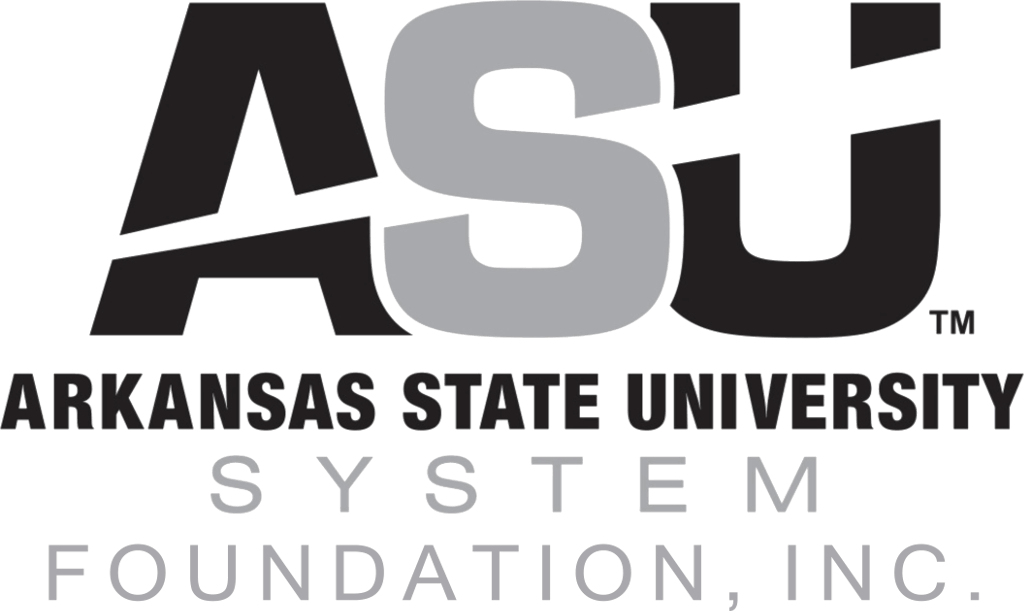
Arkansas State University System Foundation, Inc.
The project will focus on the impact that peer-led and initiated behavioral nudges (in the form of emails, text messages, and phone calls) will have on the financial wellness goals of first-year college students.
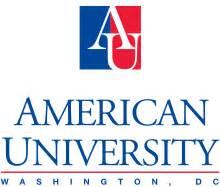
American University
The project will estimate the causal effect of participating in legal-career-related extracurricular activities while in law school on the chances of passing the Bar exam on the first attempt together with how racial, ethnic, or gender differences in extracurricular participation contribute to corresponding gaps in Bar success rates. View grant outcomes.
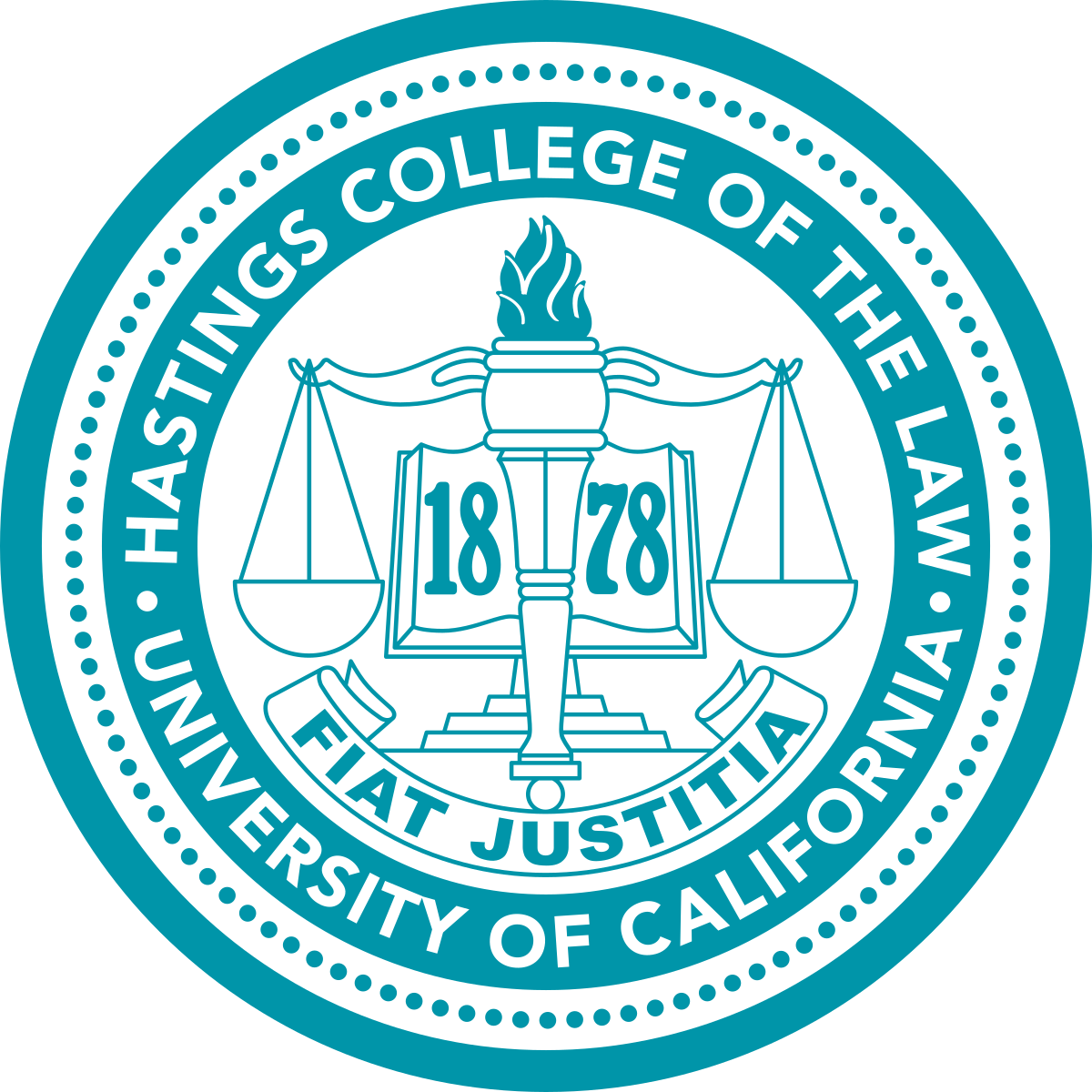
UC Hastings College of the Law
This grant will support the study of teaching reforms and academic and bar success interventions implemented at UC Hastings College of the Law.
View grant outcomes.

University of Wisconsin Law School
The project is intended to increase our understanding of how a Financial Life Skills (FLS) course can potentially improve undergraduate students' financial knowledge, capability, and well-being. There are three critical aspects related to college students that we wish to explore in this study: financial knowledge, financial attitudes, and financial behavior.
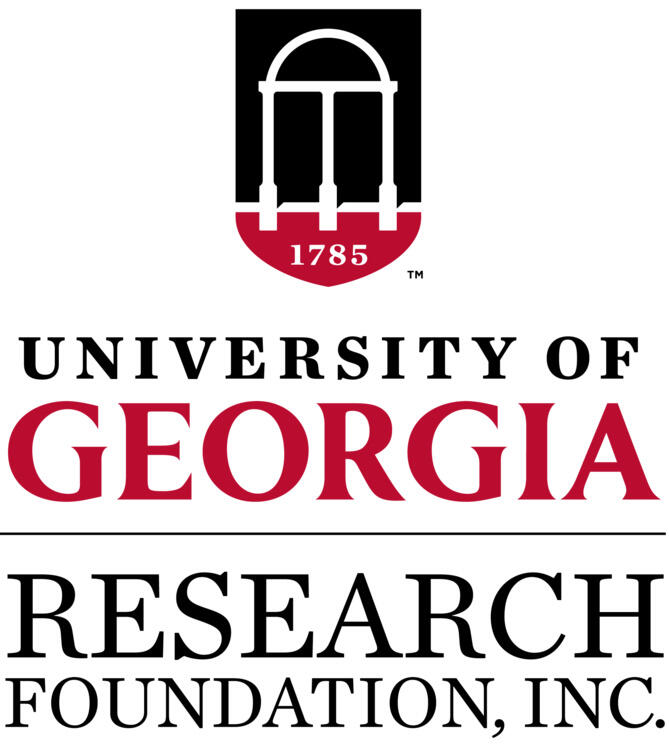
University of Georgia Research Foundation
The project will evaluate the impact of financial education course features on student financial literacy (i.e., financial knowledge, financial skill and financial self-efficacy) and financial well-being. The goal is to examine the effectiveness of collegiate financial education in improving the preparedness of college students to make financial decisions as students and after graduation.
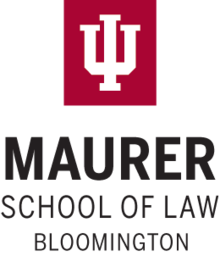
Indiana University Maurer School of Law
The project seeks to...
- Evaluate a replication on the State Bar of California’s July 2019 Bar exam of a Productive Mindset intervention that improved passage rates on its July 2018 exam.
- Examine predictors of bar passage in a data set compiled with over 7,000 takers across three years of California’s exams.
- Scale the Productive Mindset program to three new jurisdictions and examine predictors of passage in a multi-jurisdictional data set of over 10,000 takers of the July 2021 bar exam.
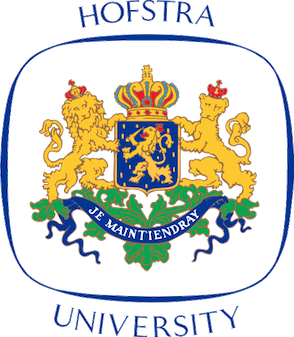
Hofstra University
The project will develop metacognitive teaching materials to be used within the law school curriculum and study the impact of this instructional intervention on bar passage. The project will use a mixed methods approach, using both qualitative and quantitative data, to examine whether students who are taught and prompted to engage in metacognitive skills develop stronger skills over time.
View grant outcomes.
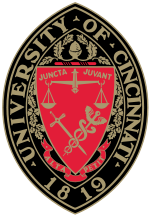
University of Cincinnati
The grant will conduct rigorous, multi-site analyses to develop a richer empirical model of bar passage and improve understanding through qualitative interviews of student graduates. The grant will use this information to extend existing literature and build research-practice partnerships that provide university partners with actionable insight into programmatic decisions, student interventions and supports, and advising.
View grant outcomes.



